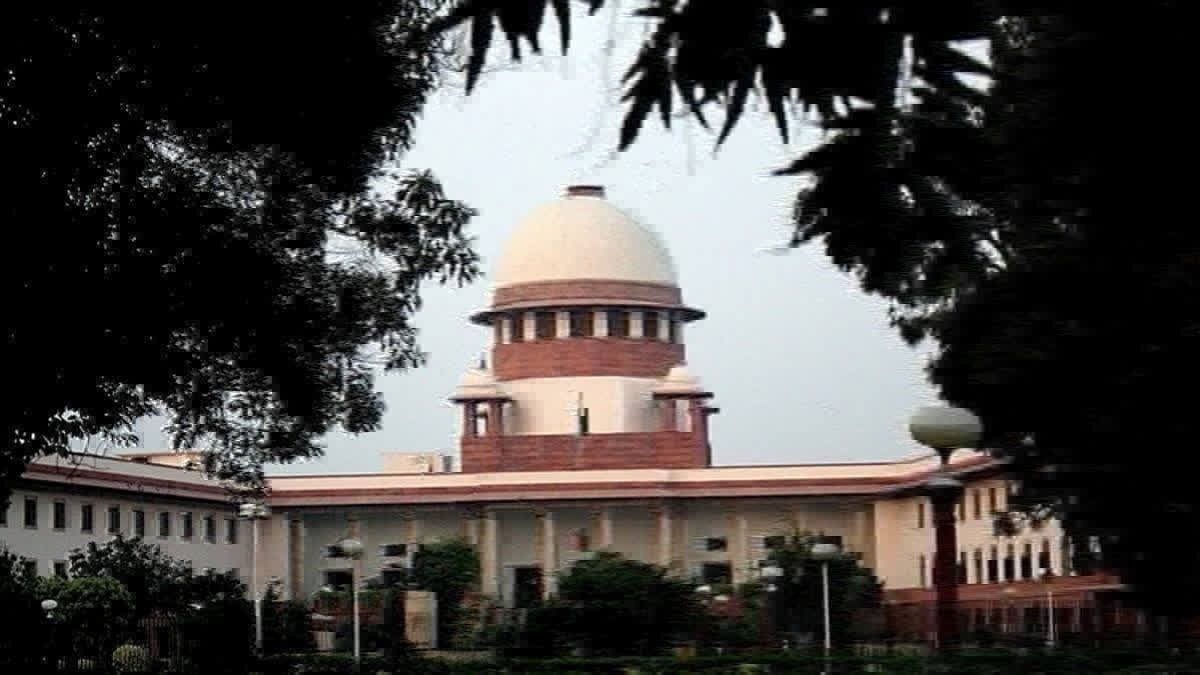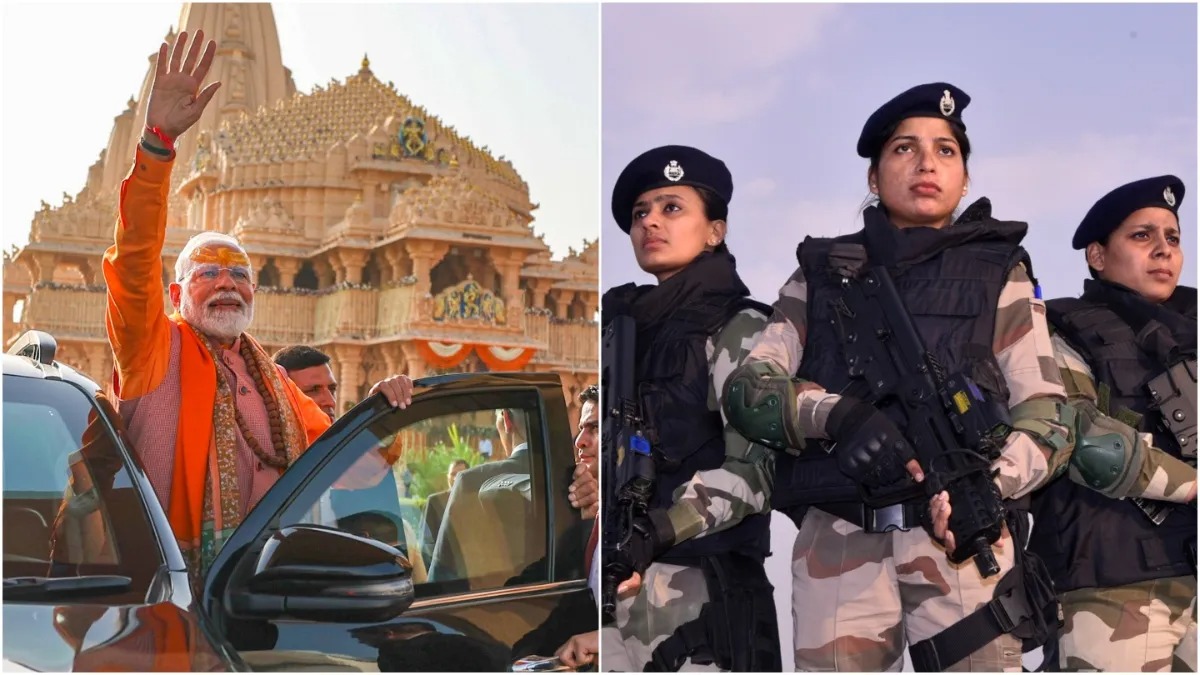
New Delhi: In connection with the Tamil Nadu government’s petitions against Governor RN Ravi for not signing certain bills passed in the state legislature, the Supreme Court stated that the common people of the state and the government are suffering as many bills are still pending.
To begin with, senior advocate Mukul Rohatgi, who appeared for the state of Tamil Nadu, extremely opposed the delay of Governor RN Ravi for giving his assent to the bills that were passed by the state legislature. The matter came to be heard before a two judge bench in the name of J.B. Pardiwala and R.Mahadevan.
This was stated by Justice Pardiwala as, “People are suffering, the state is suffering.” So many bills are pending….". At this stage, the Tamil Nadu Governor’s counsel, R Venkataramani responded that there is no more forthcoming.
Rohatgi said that under law if the state legislature passes the bill minimum, the Governor can ask for reconsideration and if that same bill after reconsideration gets passed again, Rohatgi, citing Article 200 of the Constitution and saying that the Governor will have no option than to grant his assent.
It is quite logical to assert that this is a part of our constitutional outlook. It’s up to him and if he does not do that the whole system of democracy collapses…The legislative assembly and the Parliament realizes what the population wants. They enact some laws with regard to their demands…Hence, the Constitution is quite blunt in case the governor does not provide assent during the first round. He shall have to grant his assent in the second round, Rohatgi said.
He emphasised that 12 bills, for the period starting from January 13, 2020 to 28 April 2023 were passed to the Governor. “He took charge in November 2021…”, mentioned Rohatgi. The bench enquired as to how many bills are under consideration Currently, there are seven bills before the parliament. Of the bills presented two, for the consideration of the President and 10 were returned (by the President to the legislative assembly) for reconsideration. This was repeated by the assembly, as it is the same sentiment that was conveyed by them. In my opinion, in view of the law, he has no other option other than giving his consent,” said Rohatgi on those ten bills are also passed for the approval of President.
The bench also wanted to know the justification for having the bills referred to the President. To answer this question let’s suppose that if the bills are forwarded to the President what must be expected rightly or wrongly. And, whether you can oppose this action of the Governor, forwarding the bills to the President? Speaking to reporters after the meeting which took some two hours, Rohatgi said his client has an accusation against the 10 bills that were re-enacted by the legislative assembly and added that as per Article 200 of the constitution of India the Governor ought to have given his approval to these 10 bills.
The bench proceeded to shoot some questions to Rohatgi: “Then if the files have been referred to the president, what reliefs are now available”? If the files mentioned above are conveyed to the President, what is the role of President supposed to do? I asked that before one can refer the bills to the President by the Governor, is there some yardstick? What does it imply that the Governor is unable to make a decision? According to the Constitution, it is possible that a Governor may refer a certain situation to the President; what should inform the Governor that he is referring it to the President?
Following the bills are sent to the President, Rohatgi said the President is advised by a Council of Ministers, and the President cannot decide by himself and he has to take aid and advice from the Council of Ministers. Today you want a declaration that whenever the bills are once again sent back they cannot be sent anywhere by the Governor?’’ questioned the bench.
Rohatgi said, “An affirmation my lord as he can not refuses consent. Thus it can be considered that his assent is given under Article 200 of the Constitution…we cannot function in a state of stalemate, and 3-4 years have passed”.
Justice Pardiwala further questioned that if the bill is sent again to him and he does not get satisfied with it then what can he do? Rohatgi said he has no option nor want to wait for other labour reforms being enacted to come into effect before.”
The AG remarked that all the bills for governor’s assent have been taken care of, and the only living bills that are presently outstanding are non measures; the apex court has said nothing on the appointment of VCs; regarding the UGC not as a party to the case in question, the response cannot be detailed.
Being the senior advocate and also representing the Tamil Nadu government, Singhvi argued before the bench that the governor’s refusal concerning the approval of the appointment of VCs had had an impact on the running of the university. Senior advocate P Wilson, who is also for the state government also condemned the action of the governor. At the end of the hearing, while pronouncing on the conflict between the state government and the governor with reference to the assent on a bill, the bench observed that it would deliver judgment in the interest of the public.

 Share
Share






